The model of pagers used in detonations in Lebanon was made by Budapest-based BAC Consulting KFT, Taiwanese pager firm Gold Apollo said on Wednesday, adding it had only licensed out its brand to the company and was not involved in the production of the devices.
At least nine people were killed and nearly 3,000 wounded when pagers used by Hezbollah members detonated simultaneously across Lebanon on Tuesday. According to a senior Lebanese security source and another source, explosives inside the devices were planted by Israel’s Mossad spy agency.
Gold Apollo was identified through photos of the devices, based on stickers and their design. A Lebanese security official said Hezbollah had ordered 5,000 beepers from the company, believing they would provide more secure communication than cellphones.
“The product was not ours. It was only that it had our brand on it,” Gold Apollo founder and president, Hsu Ching-kuang, told reporters at the company’s offices in the northern Taiwanese city of New Taipei on Wednesday.
The company said in a statement that the AR-924 model was produced and sold by BAC. According to Hsu, payments from BAC had been “strange” and came through the Middle East.
BAC’s website, filled with generic images, lists its CEO and founder as Cristina Arcidiacono-Barsony, and claims the company specializes in consulting across various fields including environment, development and international relations. The official address provided is a private residence in Budapest.
The website offers little detail on specific projects or clients, instead featuring vague descriptions and stock images. One project lists the European Union as a client, though the accompanying text is sparse and lacks specifics. Another claims the company helped develop technology and a “business bridge” in Asia, again with no clear details.
Gold Apollo authorized “BAC to use our brand trademark for product sales in specific regions, but the design and manufacturing of the products are entirely handled by BAC,” the statement said.
Reuters calls and emails to BAC on Wednesday morning were not answered.
Hsu said earlier there had been problems with remittances from the firm.
“The remittance was very strange,” he said, adding that payments had come through the Middle East. He did not elaborate further.
Hezbollah fighters began using pagers in the belief they would be able to evade Israeli tracking of their locations, two sources familiar with the group’s operations told Reuters this year.
Hsu said he did not know how the pagers could have been rigged to explode.
While Hsu was meeting with reporters, police officials arrived at the company. Officials from Taiwan’s economy ministry also visited Gold Apollo.
The ministry said in a statement that there was no record of direct pager exports from Taiwan to Lebanon.
Hsu also said Gold Apollo was a victim of the incident and planned to sue the licensee.
“We may not be a large company but we are a responsible one,” he said. “This is very embarrassing.”
Oleg Brodet, from the Cyber Labs at Ben-Gurion University, suggested the operation took years to execute, noting the complexity of supply chain cyberattacks.
“To send a ‘compromised’ device, changes must be made during manufacturing or shipping. We believe something similar happened here, where devices intended for the terrorist organization were altered,” he said.
Lt. Col. (res.) Dr. Eyal Pinko told Ynet: “This isn’t science fiction. Many countries possess such capabilities. If we go back 14 years, there was a virus that targeted the Natanz nuclear facility, an operation attributed to Israel, which crippled Iran’s enrichment program.”
Source: YNet
Hungary says company linked to Hezbollah pagers has ‘no manufacturing’ site in country
A company linked to pagers that exploded while being used by Hezbollah members in Lebanon has “no manufacturing” site in Hungary and the devices have never been on the country’s soil, a government spokesman says.
“Authorities have confirmed that the company in question is a trading intermediary, with no manufacturing or operational site in Hungary… The referenced devices have never been in Hungary,” government spokesman Zoltan Kovacs says on X, adding that the case “poses no national security risk.”
Source: AFP


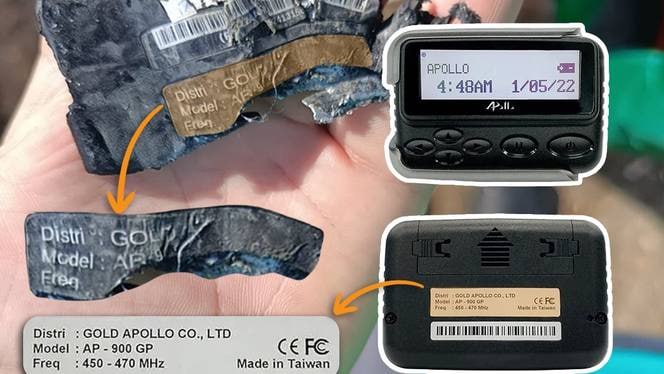
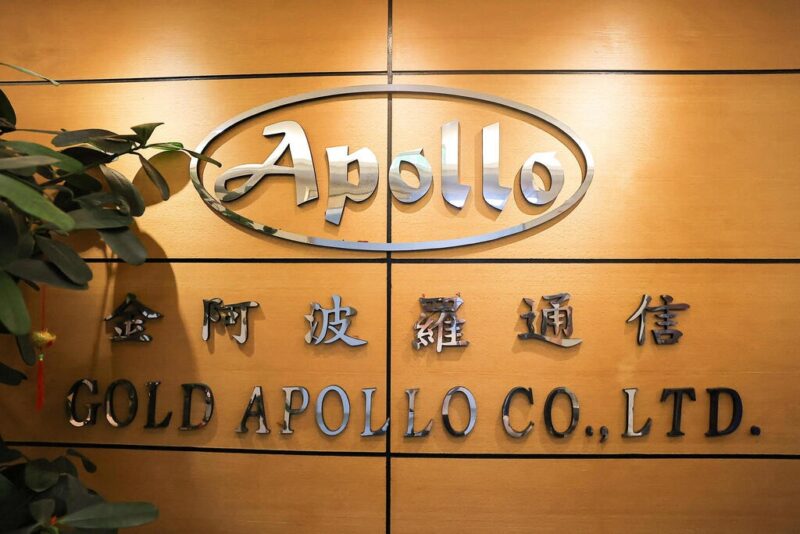


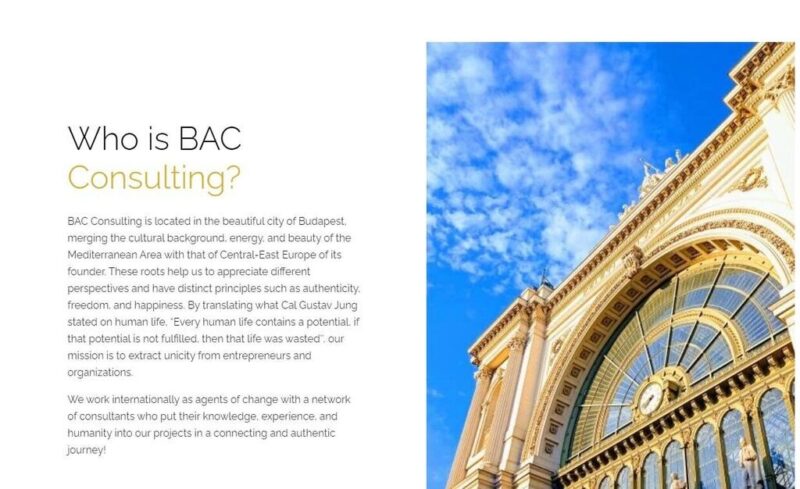
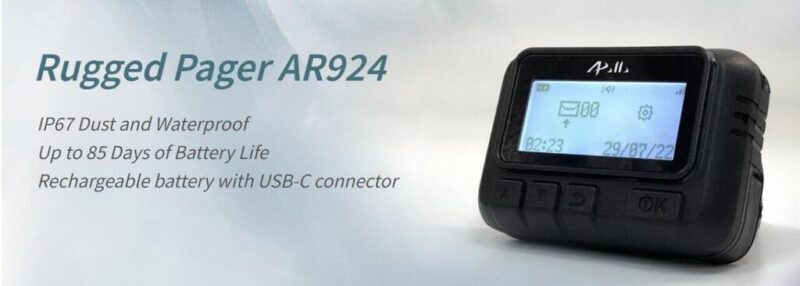
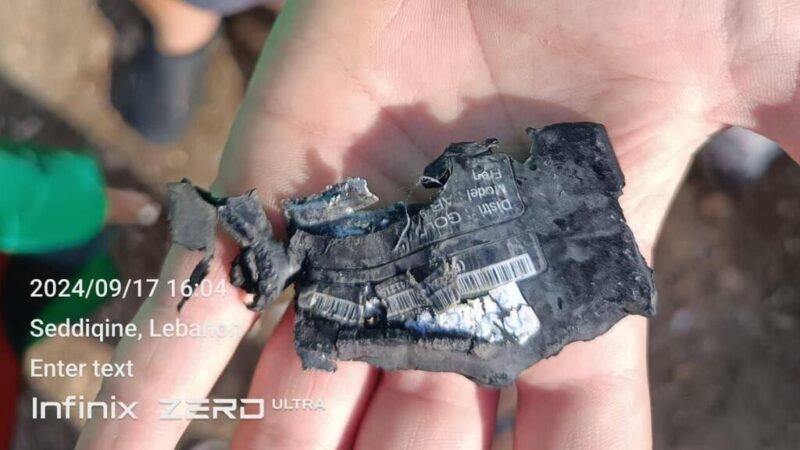







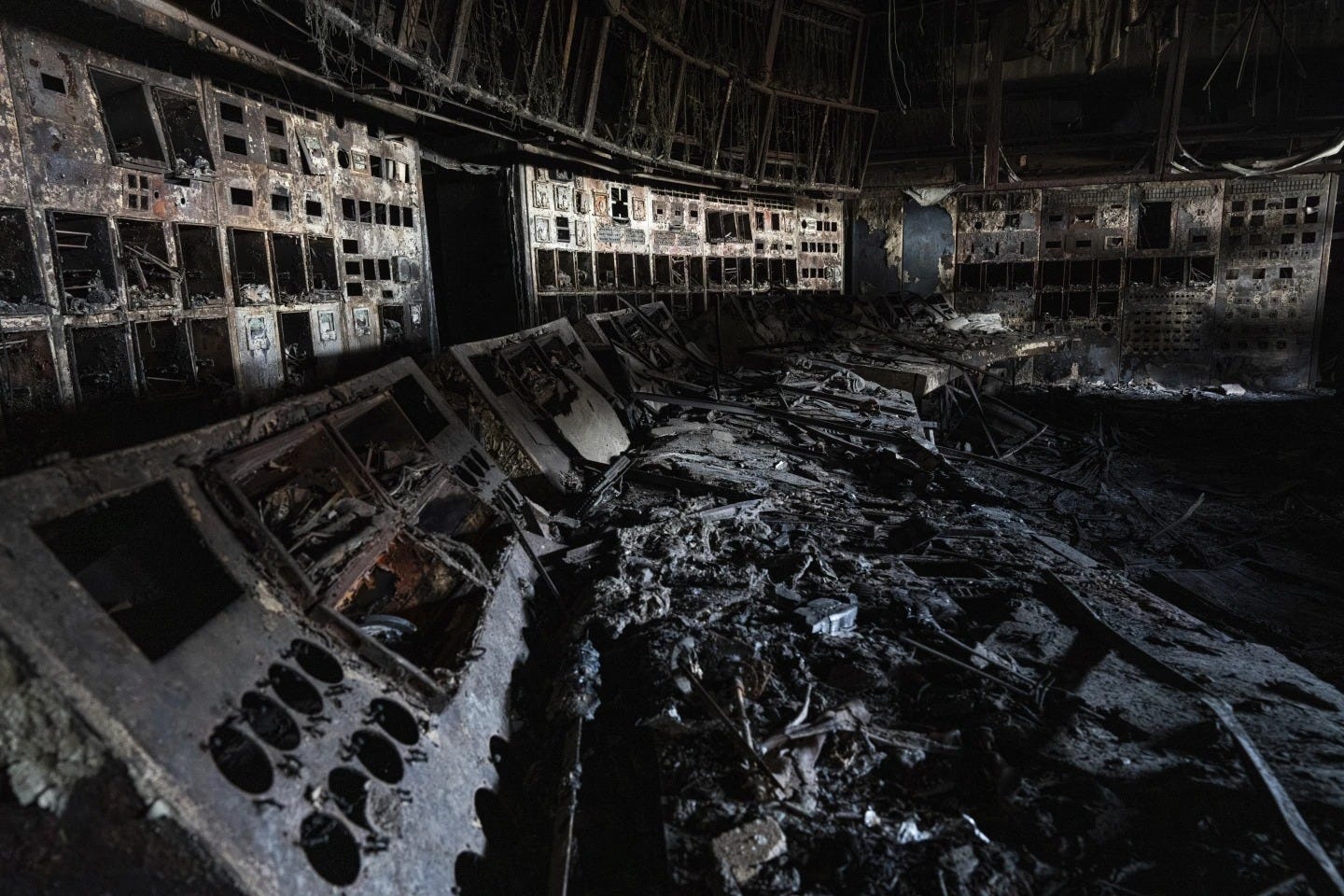


No comments.
By submitting a comment you grant Free West Media a perpetual license to reproduce your words and name/web site in attribution. Inappropriate and irrelevant comments will be removed at an admin’s discretion. Your email is used for verification purposes only, it will never be shared.